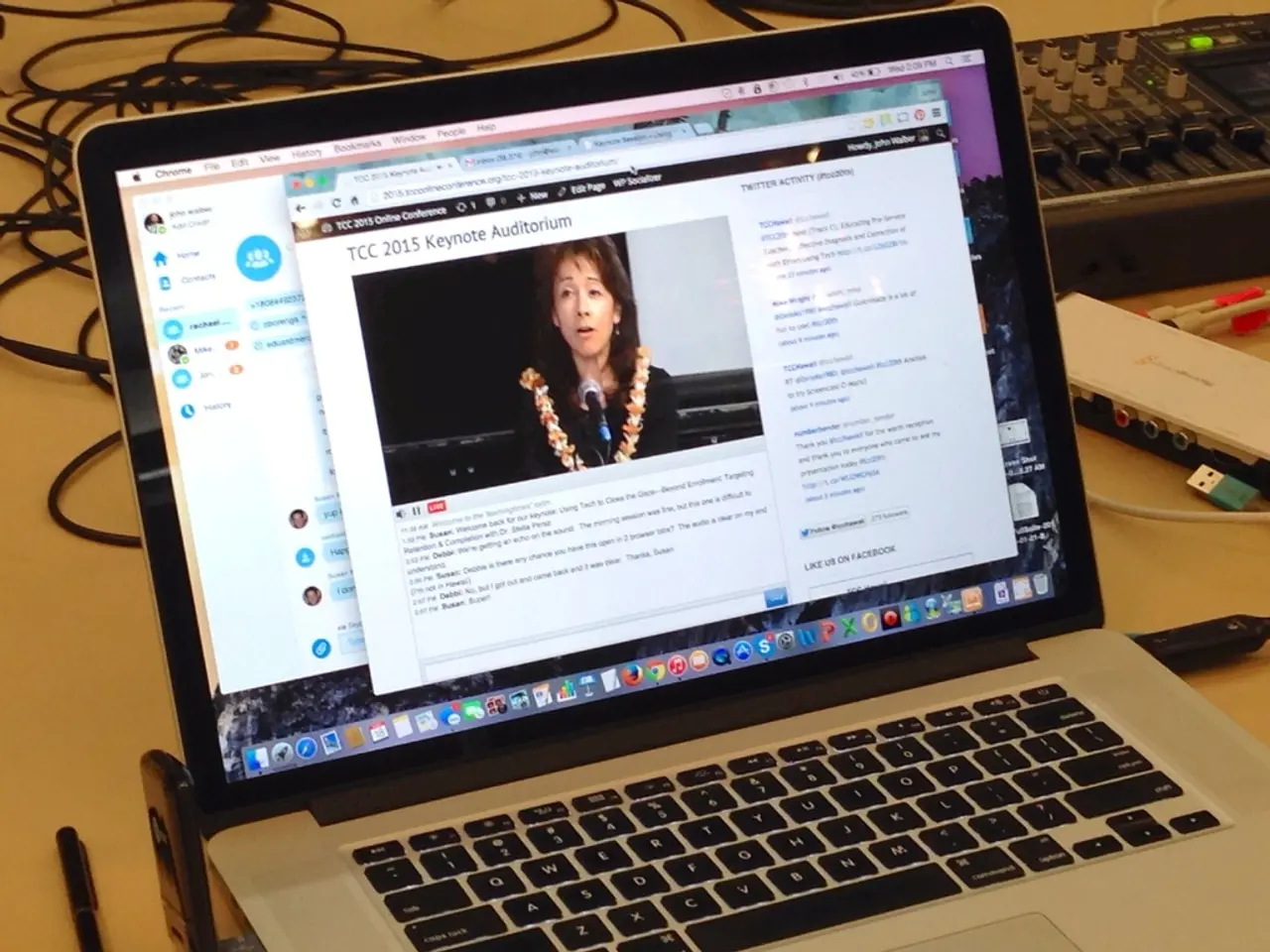Reduced Work Week Improves Employee Wellness and Productivity Remains Unaffected in Longitudinal Mental Health Study
The Mental Health Foundation, a leading UK charity dedicated to preventing poor mental health, conducted a groundbreaking year-long study on a 32-hour working week from April 2024 to April 2025. The results show a significant improvement in mental health and wellbeing, with no negative impact on productivity.
Key findings from the study include:
- Improved mental health and wellbeing: 68% of staff reported better mental health, with positive mood, greater focus, and enhanced sense of control over their work and life[1][2].
- Reduced work-related stress: 69% experienced less stress related to their jobs[1][2].
- Better work-life balance: Nearly 80% reported an improved balance between work and personal life, leading to greater overall life satisfaction (about 64%)[2][3].
- Greater productivity: Despite working fewer hours, 55% of employees reported increased productivity and better workload management; organization leaders confirmed no detriment to achieving strategic goals[1][3].
- Increased recruitment and retention: The shorter week attracted nearly double the applicants per job and reduced employee turnover intentions from 33% to 15% over one year[3].
The charity adopted a flexible approach, allowing staff to arrange their hours flexibly rather than a strict four-day week, which particularly helped carers and parents to manage their commitments better[2]. Some minor challenges, such as arranging meetings and cover for urgent work, were reported but did not affect overall organizational performance[3].
Aaron Campbell, a Marketing and Communications Assistant, cited the 32-hour working week as a contributing factor when applying for his role at the Mental Health Foundation. He is involved in various activities and groups outside of work time and finds it perfect to work for an organization that allows him to balance both aspects.
Mark Rowland, Chief Executive at Mental Health Foundation, stated that productivity has remained stable or improved during the pilot and that the standard of work had increased through better prioritization and ways of working. The Mental Health Foundation has received Gold Standard accreditation from the 4 Day Week Foundation after changing to a shorter week.
Sam Hunt, Business Network Coordinator of the 4 Day Week Foundation, congratulated the Mental Health Foundation for permanently adopting a four-day working week. 28% of applicants cited the 32-hour week as one of their top two reasons for applying.
A report titled "The impact of a shorter working week" can be found at the given link for further details. The study demonstrates that a 32-hour week improves mental health and wellbeing, enhances life satisfaction, reduces stress, supports diversity and inclusion, and maintains or even boosts productivity[1][2][3].
References:
[1] Mental Health Foundation (2025). The impact of a shorter working week. Retrieved from [link]
[2] Mental Health Foundation (2025). 32-hour working week pilot shows promise for mental health and wellbeing. Retrieved from [link]
[3] Mental Health Foundation (2025). 32-hour working week pilot boosts productivity and improves work-life balance. Retrieved from [link]
- The Mental Health Foundation, a UK charity focused on mental health prevention, conducted a study on a 32-hour working week and found significant improvements in mental health and wellbeing, reduced work-related stress, and better work-life balance.
- The study revealed that despite working fewer hours, productivity increased, and the balance between work and personal life improved significantly.
- The Mental Health Foundation received Gold Standard accreditation from the 4 Day Week Foundation, which acknowledged the positive impact of the shorter week on mental health and productivity.
- A flexible approach to the 32-hour working week was adopted, allowing staff to arrange their hours flexibly, thereby supporting carers and parents.
- The study suggests that a shorter working week could contribute to reduced employee turnover intentions, increased recruitment, and increased life satisfaction.
- The findings from this study indicate that a 32-hour week can support mental health, reduce stress, support diversity and inclusion, and maintain or even boost productivity. Finance and business sectors should consider adopting such strategies for workplace wellness.




